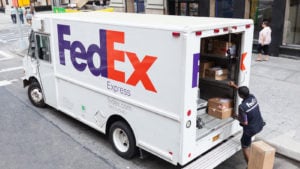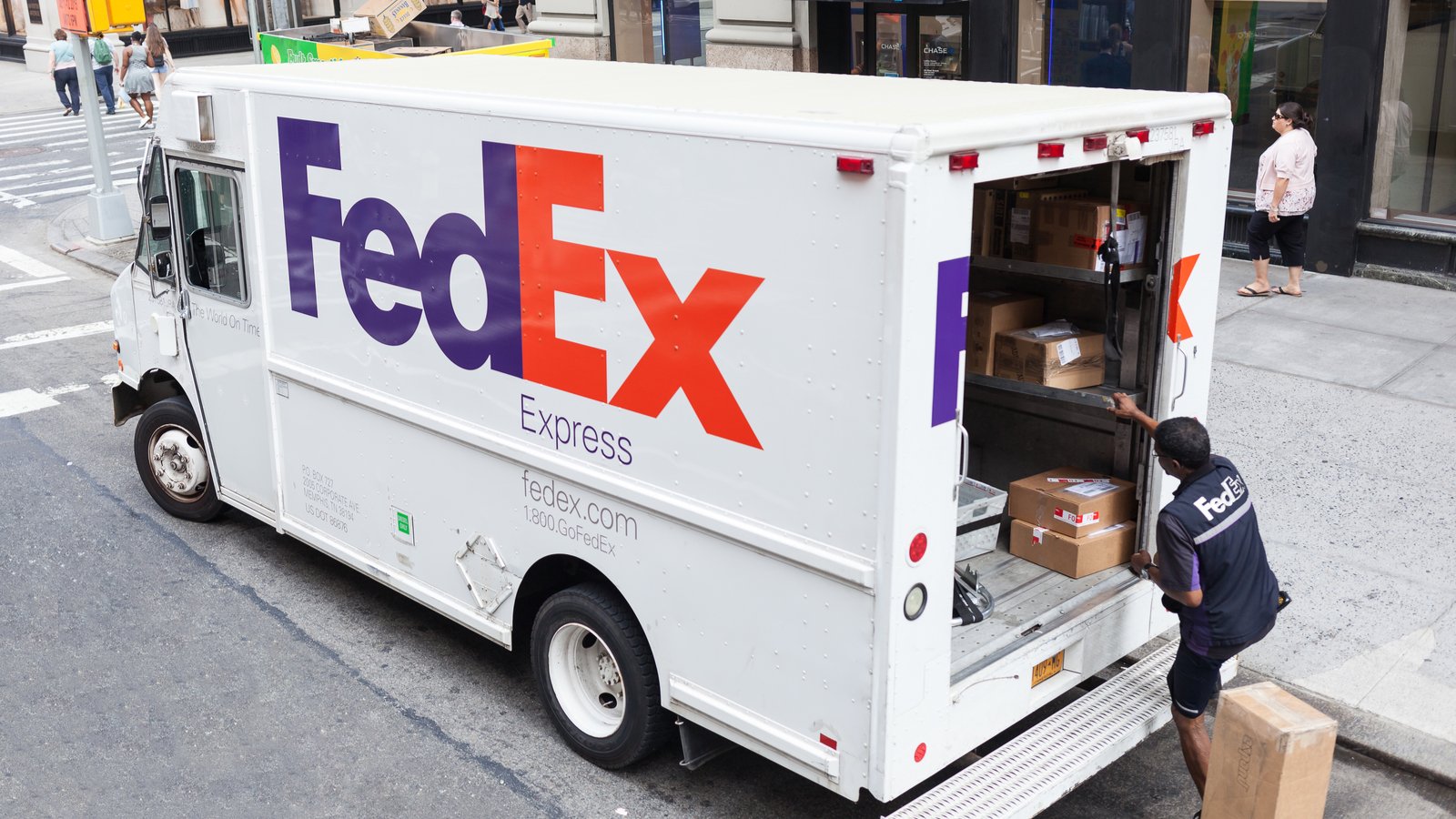Over the past five years, shares of logistics giant FedEx (NYSE:FDX) have gone essentially nowhere. That is, in September 2014, FedEx stock was $160.

Today, in September 2019, FDX stock trades hands at $170. Thus, over the past five years, FDX has barely nudged higher while the S&P 500 is up more than 50% over that same stretch.
Unfortunately, I don’t think FedEx stock is going anywhere over the next five years, either.
The reality is that FedEx faces major secular challenges that aren’t going away anytime soon. Indeed, these challenges may only intensify over the next several years. Yes, FedEx looks cheap here. But, it’s cheap for a reason, and it will remain cheap so long as these secular challenges hang around.
As such, for the foreseeable future, I think FDX stock will remain grounded. It may bounce here. But, I doubt that such a bounce will be sustainable. Long term, the stock will have a tough time producing suitable return for investors.
Net-net, I simply think there are better and safer places to invest at the moment, so I continue to avoid this logistics giant.
FedEx Stock Is Cheap
Let’s start by acknowledging that, yes, FedEx stock is dirt cheap here.
FedEx presently trades at 12-times forward earnings. The five year average forward earnings multiple on the stock? North of 14, or about 20% above the current forward earnings multiple. The average forward earnings multiple in the air freight and logistics sector? Just south of 14, or about 15% above the current forward earnings multiple.
At the same time, FedEx stock features a 1.5% dividend yield. That’s a decade-high yield for this stock, and nearly double the stock’s trailing five-year average yield.
In other words, FedEx stock is dirt cheap. The numbers don’t really support this cheapness. Over the next few years, the Street expects FedEx to report low-to-mid single digit revenue growth, on top of slight profit margin expansion, which analysts believe will lead to double-digit profit growth in fiscal 2021 and 2022 (following a decline in 2020).
Broadly, with FDX, you have a stock trading at 12-times forward earnings for what Wall Street sees as double-digit profit growth over the next few years. Sounds like a bargain, right?
It’s Cheap for a Reason
It’s not. FDX stock is dirt cheap for a reason, secular challenges significantly cloud visibility for double digit profit growth over the next few years and raise concerns that revenue and profit erosion may be more likely paths forward in the long run than steady growth.
The big news here, of course, is that FedEx and Amazon (NASDAQ:AMZN) parted ways this summer, as it became clear that the latter was building out its own logistics network in the hopes of one day entirely in-sourcing all deliveries.
That wasn’t a big hit on FedEx. After all, FedEx delivered a very small portion of Amazon’s packages, and Amazon accounted for just about 1% of FedEx’s revenues.
But, the concern here (and rightfully so) is that other large retailers will follow in Amazon’s footsteps, and similarly build out their own logistics networks as third-party delivery costs add up.
Right now, FedEx is hitching their wagon to the “other 51%” of U.S. eCommerce that Amazon does not own. In the near term, that may work. But, in the long run, there are a few challenges here.
First, the second most important player in the U.S. eCommerce market is Shopify (NYSE:SHOP). They don’t use FedEx, they are building out their own fulfillment network, and they are growing very rapidly. Second, the third most important player in the U.S. e-commerce market is Walmart (NYSE:WMT). They use FedEx a lot.
But, Walmart is also in direct competition with Amazon. So, as Amazon leverages its own delivery network to cut delivery costs and pass those savings onto customers via lower prices, Walmart will be forced to do the same, meaning this healthy FedEx-Walmart relationship may not remain healthy for that long.
Third, while it’s true that only a small number of retailers have the size and scale to launch their own logistics operations, those small number of retailers command the lion’s share of the eCommerce pie. After Amazon, the next 10 biggest players in the eCommerce market control a combined 25% of the e-retail market. They all realistically can build out their own logistics services. That leaves just 25% share for FedEx.
Big picture, there are secular challenges here that raise concerns that FedEx could ultimately become a smaller and smaller player in the logistics market over the next several years.
Bottom Line on FedEx Stock
FDX stock is dirt cheap here. But, it’s dirt cheap for a reason. Secular challenges cloud the long term growth outlook here. So long as those secular challenges hang around, FDX stock will probably remain dirt cheap, and not do much for investors.
As of this writing, Luke Lango was long SHOP.
